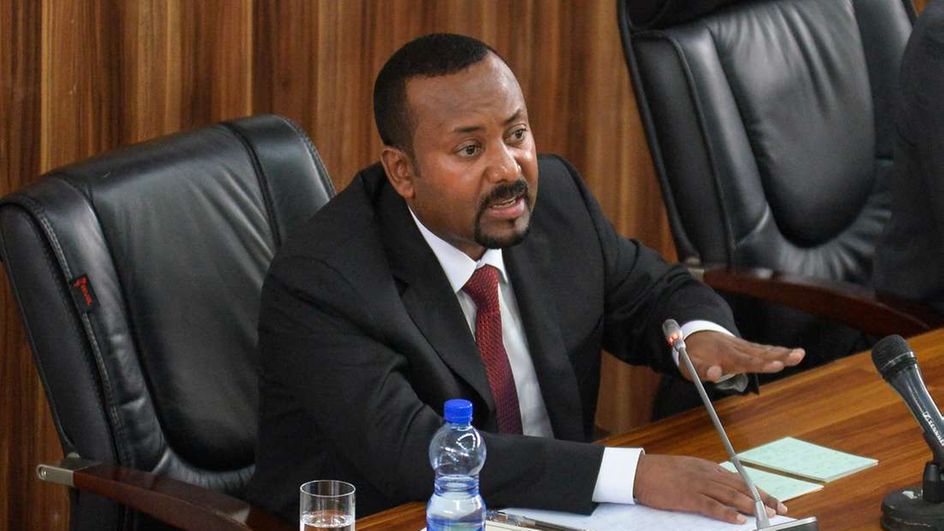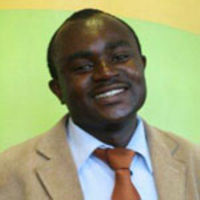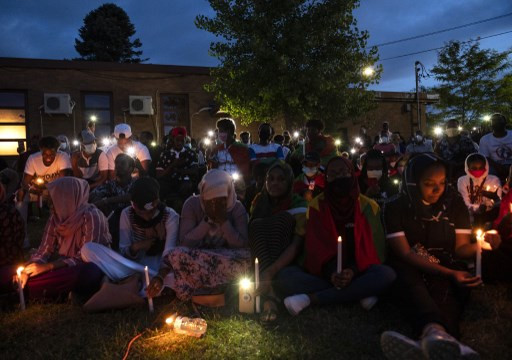When you spend time with narcissists, things rarely seem simple. Everything’s difficult to coordinate and arrange. And nothing seems to go smoothly.
In group settings, narcissists like to dominate proceedings. Making it difficult to reach a group compromise. And there’s often drama and conflict. In short, narcissists bring chaos whenever they’re around.
Here’s some of the reasons why nothing seems simple around narcissists…
They Don’t Go with the Flow
Narcissists don’t go with the flow. They lack empathy. So they don’t take into consideration the general consensus of people who are around them.
Most people feel a general vibe for what everyone wants, and makes compromises based on that. This leads to harmony in group settings. But narcissists don’t do this. They can’t. So they focus on what they want. Unless they’re trying to impress someone else.
This leads to difficulty making group decisions. And resentment from the narcissist if they don’t get their way. Or resentment from others who see the narcissist as getting their way too often.
Push Away Their Responsibilities
Narcissists HATE responsibility. They consider routine chores beneath them. Also responsibility is a chance for them to make mistakes. Narcissists like to think of themselves as perfect. So they don’t want to put themselves in positions where they might slip up. Because that would challenge their delusions of perfection.
Instead of doing what’s needed, they find ways to push their responsibilities onto others. That way they’re free to do what they please, and pass blame if things go wrong.
A narcissist might ignore their responsibilities, even when this causes problems. Then hope you step in to save the day. Once you’ve done this a few times, this becomes your role. And if you try to discuss why it’s their responsibility, you’re often faced with these issues…
Avoid Discussing Problems
When problems arise, most adults discuss them, and come to a resolution. But when discussing them with narcissists, you find yourself getting nowhere.
They may change the subject. Blame you. Or antagonize you into a messy argument. They do everything they can to avoid the real issue. So nothing gets resolved. Even when you’re being calm and rational.
Narcissists harbor delusions of being perfect. So they fight hard to avoid conversations that might reveal they’re not. They don’t want to be accountable for their actions. So they avoid the real issues. It’s frustrating when they keep avoiding discussions, when you just seek a simple solution.
They Have Hidden Agendas
Narcissists usually have hidden agendas that nobody else is aware of. And they’re often more focussed on their hidden agendas than the matters at hand. This leads them to make some seemingly strange choices.
Their hidden agendas could be absolutely anything. It might be to discredit someone they’re jealous of. To control the group, to feed their delusions of superiority. Or to persuade everyone to go somewhere they know an ex will be. Just to annoy them.
Narcissists often don’t make sense to those around them. But they fight hard to get their way. Which leads to all sorts of complications.
Don’t Want Peace and Harmony
Most people want things to go smoothly. And they want peace and harmony. But narcissists get bored of this.
Narcissists sometimes deliberately cause trouble to create chaos. They might wind someone up over something they’re sensitive about. Or stir trouble between other people, and sit back and watch the drama unfold.
Narcissists love drama. And making things messy and toxic distracts from their own messy and toxic behaviors.
Equate Complication with Intelligence
Narcissists like to deliberately complicate matters. Because they think complication means intelligence. So they might use deliberately complicated language, when simple explanations will do.
Narcissists aren’t always interested in communicating a message. They want to impress. So they sometimes go around the houses when explaining things. Just to make it seem more complicated than it really is. And them more intelligent.
Some narcissists like to complicate things for manipulation purposes. They know that if people are confused, they’re more likely to agree, allowing them to control situations.
They Like Changing Plans Last Minute
Many narcissists like to change plans last minute. This is to establish control over the situation.
What would have been well organized plan can descend into chaos. As their last minute changes create uncertainty, which throws plans into turmoil.
Whilst the dust is settling, and people are trying to work out what’s going on, the narcissist takes control. And changes things to suit their own needs and agendas.
Often Late
Narcissists are often late. Again this is a control tactic. Turning up late is a subtle statement, saying you don’t matter. Everyone must wait for them to make their grand entrance.
Narcissists don’t care how their lateness affects others. In their mind they’re important, so everybody should wait until they decide to arrive.
Some narcissists arrive late and in a bad mood. This is to push everyone on the back foot, so they tip-toe around the narcissist and don’t question their lateness.
Final Thoughts
Narcissists lack empathy. So they struggle thinking of others needs. And they are exploitative. So they play various tricks to get what they can from situations.
You’re innocently co-ordinating your efforts with them and everybody else, trying to reach harmony. Whilst they’re plotting how to gain as much as they can for themselves.
Narcissists aren’t team players. They’re chaotic people who are out for themselves. And they bring their chaos into other people’s lives.
Nothing is simple around narcissists. Because they try to bend the world to their will. Which requires a lot of scheming, manipulation, and conflict. Which is never straightforward and simple.
Source=https://psychcentral.com/blog/why-nothing-is-simple-around-a-narcissist/


























